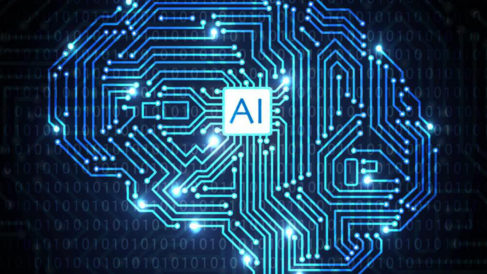Artificial Intelligence (AI), originating in the 1950s, has recently experienced a surge in interest due to its growing accessibility and widespread integration into daily activities. Initially conceptualized at the Dartmouth Conference in 1956, where the term “artificial intelligence” was coined, researchers aimed to create machines simulating human intelligence, exploring themes like neural networks and natural language processing.
Despite early challenges and the “AI Winter” period of reduced funding and unmet expectations, the field progressed with the introduction of connectionism, forming the basis for neural networks. In contemporary times, AI has rapidly evolved, finding applications in healthcare, finance, autonomous vehicles, and intelligent assistants like Siri, Alexa, and Google Assistant.
While concerns about job displacement exist, experts view AI as a force for good, integral to problem-solving and decision-making. System Analyst Tinuola Popoola emphasizes that AI not only transforms work processes but also disrupts how people live and solve problems. AI, in its current state, plays a central role in various technologies, including smart devices and voice assistants.
Popoola and other experts stress that AI’s impact extends beyond work, influencing daily life and decision-making. Computer programmers and developers create AI systems using techniques like natural language processing and computer vision to automate tasks and enhance customer interactions with chatbots.
Jide Awe, a Science, Technology, and Innovation (STI) Policy Advisor, sees AI as a potent tool for addressing challenges in Nigeria, citing its ability to process large data volumes for detecting patterns, managing security threats, and contributing to disaster management.

Artificial Intelligence
AI’s potential applications extend to healthcare, education, and disaster response. Awe envisions AI improving diagnostic tools, disease monitoring, and educational outcomes through personalized learning tools. Former NCC Executive Vice-Chairman Prof. Umar Danbatta believes AI can provide solutions to Africa’s challenges, including healthcare access, food security, financial inclusion, and infrastructure development.










